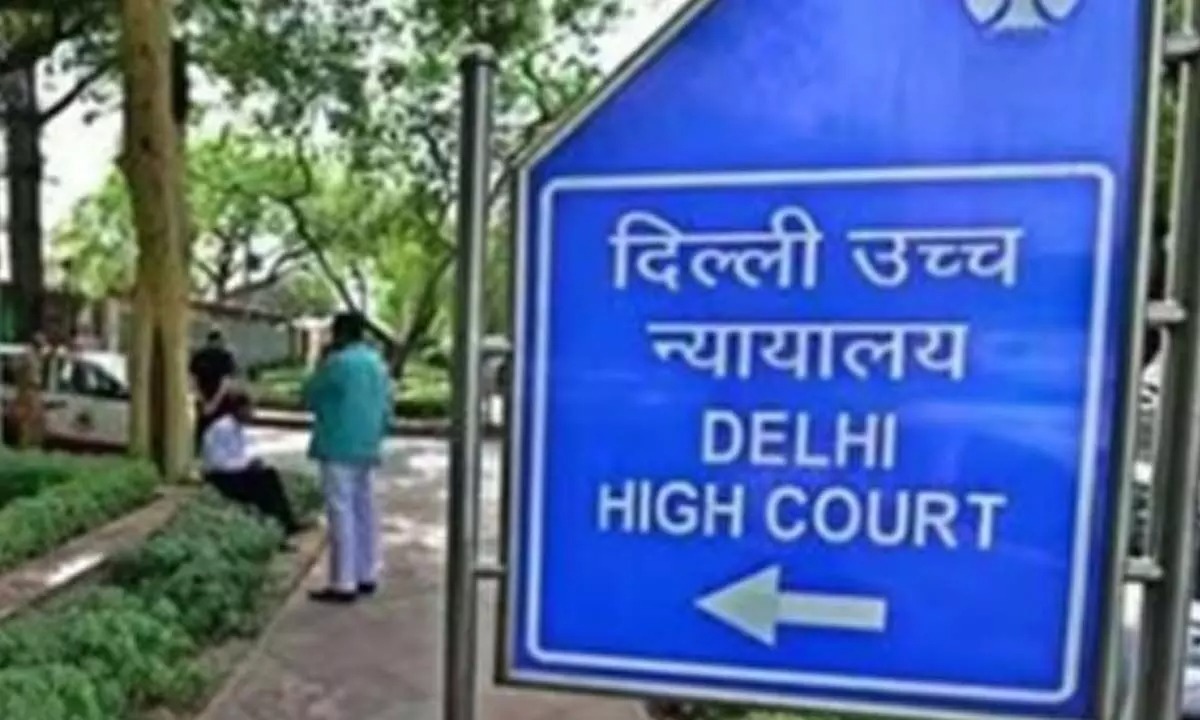Nasim Ali, J.@mdashThis is a Defendants'' appeal in a suit for ejectment. The Plaintiffs'' case is that the predecessor of the Defendants was an under-raiyat in respect of the plaint land and that he died; in the year 1332, leaving the Defendants as his heirs. It is further alleged by the Plaintiff that the under-raiyati not being heritable the Defendants are trespassers and are liable to be ejected. The Defendants Nos. 1 to 5 contested the Suit. The main defence of the Defendants was that the Plaintiff was a tenure-holder and that the Defendants'' predecessor was a raiyat with a right of occupancy. The Defendants further pleaded that after the death of their predecessor the Plaintiff accepted rent from them and consequently the Plaintiff was not entitled to eject them. The trial Court dismissed the suit. On appeal by the Plaintiff the learned Judge has come to the following findings:--
(1) that the Defendants are under-raiyats,
(2) that no evidence was given by the Defendants to prove that they were occupancy raiyats, and
(3) that the under-raiyati was not heritable.
The learned Judge accordingly decreed the Plaintiff''s suit. In the present appeal two points have been urged by the learned Advocate for the Appellant, (1) that the learned Judge''s finding about the Defendant''s status is bad in law, inasmuch as the learned Judge has not come to a specific finding about the Plaintiff''s status and (2) that even if the Defendants were under-raiyats, they are not liable to be ejected, inasmuch as their predecessor was a chukanidar and as such acquired occupancy right after occupation of the land for more than 12 years.2. As regards the first point, it appears that the Plaintiff in his evidence definitely stated that he was a raiyat and that the major part of his holding was in his khas cultivation. The Plaintiff further stated that the Defendants'' predecessor was an under-raiyat and the under-raiyati interest was not heritable. These statements were not challenged in the cross-examination by the Defendants. The Defendants also did not say that the status of the, Plaintiff was that of a tenure-holder. Under these circumstances it cannot be said that the learned Judge, was wrong in holding that the Defendants were under-raiyats which necessarily includes the finding that the Plaintiff is a raiyat. It was, however, argued by the learned Advocate; for the Appellant that the status of the Plaintiff mast be determined with reference to the kabuliyat which was executed by the Defendants'' predecessor in favour of the Plaintiff in the year 1311, B. S. The kabuliyat however does not throw much light on the point. The Plaintiff is there described as jotedar. The word "jote" does not necessarily mean that it is a tenure. Jote simply means a tenancy. Consequently the learned Judge was perfectly justified in looking: into the evidence about the user and other circumstances in the case to determine whether the Plaintiff''s status was that of a tenure-holder or a raiyat. There is, therefore, no force in this contention.
3. As regards the second point, the line of reasoning adopted by the learned Advocate was as, follows :--
In the kabuliyat which was executed by the Defendants'' predecessor in favour of the Plaintiff, it is stated that the lease is a chukani lease. The word "chukani" does not mean a temporary interest but it implies a permanent element which may develop into an occupancy right. The Defendants'' predecessor being a chukanidar, acquired occupancy right as he was in possession for more than 12 years and consequently the Defendants cannot be ejected. The learned Advocate''s argument proceeded on the footing that the chukani of the Defendants'' predecessor was a chukani as defined by Dr. Field and as generally recognised in the Rangpur District. But in view of the facts found in this case, it appears that the word "chukani" used in the kabuliyat was only an under-raiyati which was not heritable. In fact it does not appear that there was any dispute about the meaning of this word in the Courts below. It was also contended that even if the Defendants'' predecessor was a chukani under-raiyat, still there was a permanent element in his interest which developed into a right of occupancy by 12 years'' occupation. But the evidence in this case discloses that though the lease was described as a chukani lease, it was an under-raiyati lease for a term of years. Consequently it cannot be said that the lease in the present case created such a chukani right as is generally recognised in the Rangpur District. Reliance was placed by the learned Advocate upon a decision of this Court in the case of Dabiruddin Sarkar v. Afaddi Mamud 38 C. W. N. 1093 : S. C. 60 C. L. J. 110 (1934). The decision in that case really proceeded on another decision of this Court in the case of Jogendra Nath Goswami v. Chandra Kumar Mozumdar I. L. R. 42 Cal. 28 (1914). It is doubtful whether the decision in Jogendra. Nath Goswami v. Chandra Kumar Mozumdar I. L. R. 42 Cal. 28 (1914) really leads to the conclusion that an under-raiyat, though he is called a chukanidar for a term of years, can really acquire occupancy right by 12 years'' occupation. It, however, appears from the decision of McNair, J., in Dabiruddin Sarkar v. Aforddi Mamud 38 C. W. N. 1093 : S. C. 60 C. L. J. 110 (1934) that the parties in that case did not dispute that the right of the under-raiyat in that case was a chukani right as defined by Dr. Field and as is generally recognised in the Rangpur District. In the present case, however, the definite evidence of the Plaintiff was that the Defendants'' interest was only the interest of an under-raiyat and that it was not heritable, though it was called chukani. In view of the facts and circumstances of this case it cannot, therefore, be said that the under-raiyat, that is the Defendants'' predecessor, acquired a right of Occupancy by 12 years'' occupation of the disputed land. Even if the contention of the learned Advocate on this point be correct, the position would be that the Defendants'' predecessor, who was an under-raiyat, had acquired a right of occupancy, in view of the local custom which prevails in the Rangpur District. But even then the position of the Defendants is not at all improved; for, in that event also the under-raiyati interest would not be heritable. It has been found that after the death of the under-raiyat his heirs, that is the present Defendants, were not recognised as tenants by the Plaintiff. Consequently the Defendants are trespassers even if their predecessor had a right of occupancy by custom. In any view of the case the Appellants are not entitled to succeed.
The appeal accordingly fails and is dismissed. The Deputy Registrar''s costs have been deposited by the Appellants in this Court. There will be, therefore, no order for costs as the other Respondents have not appeared in this case.
